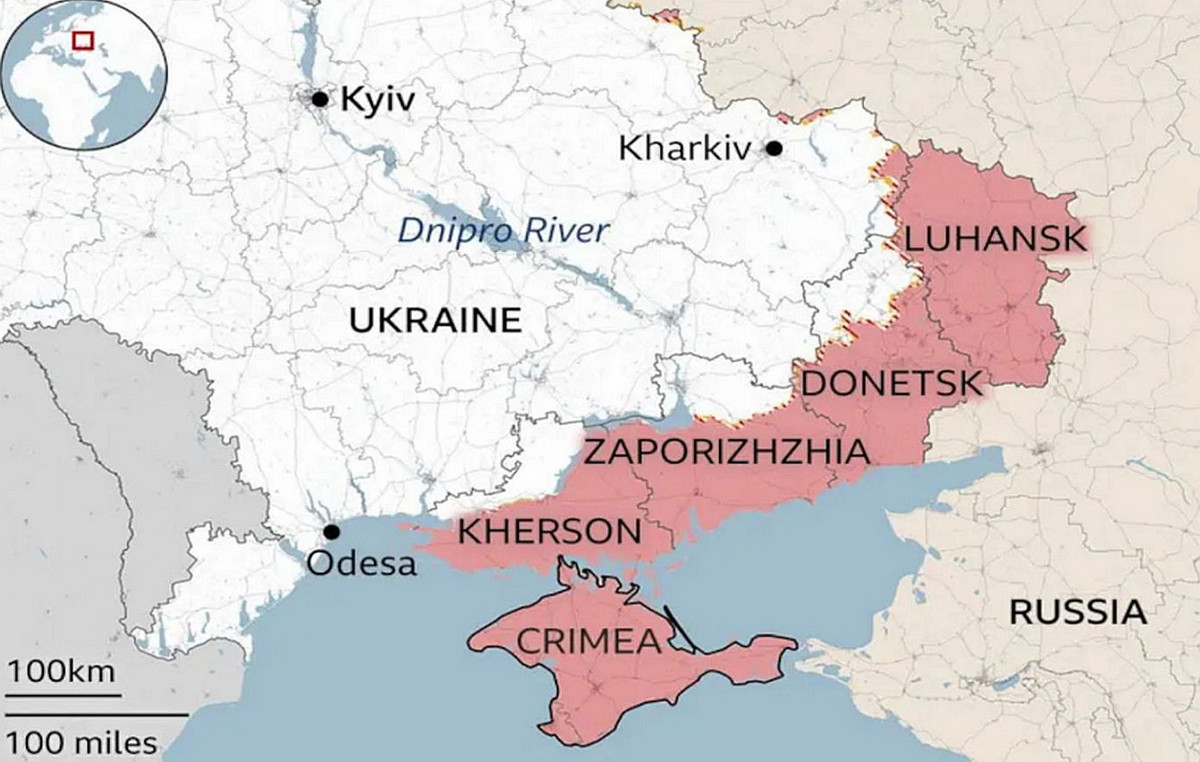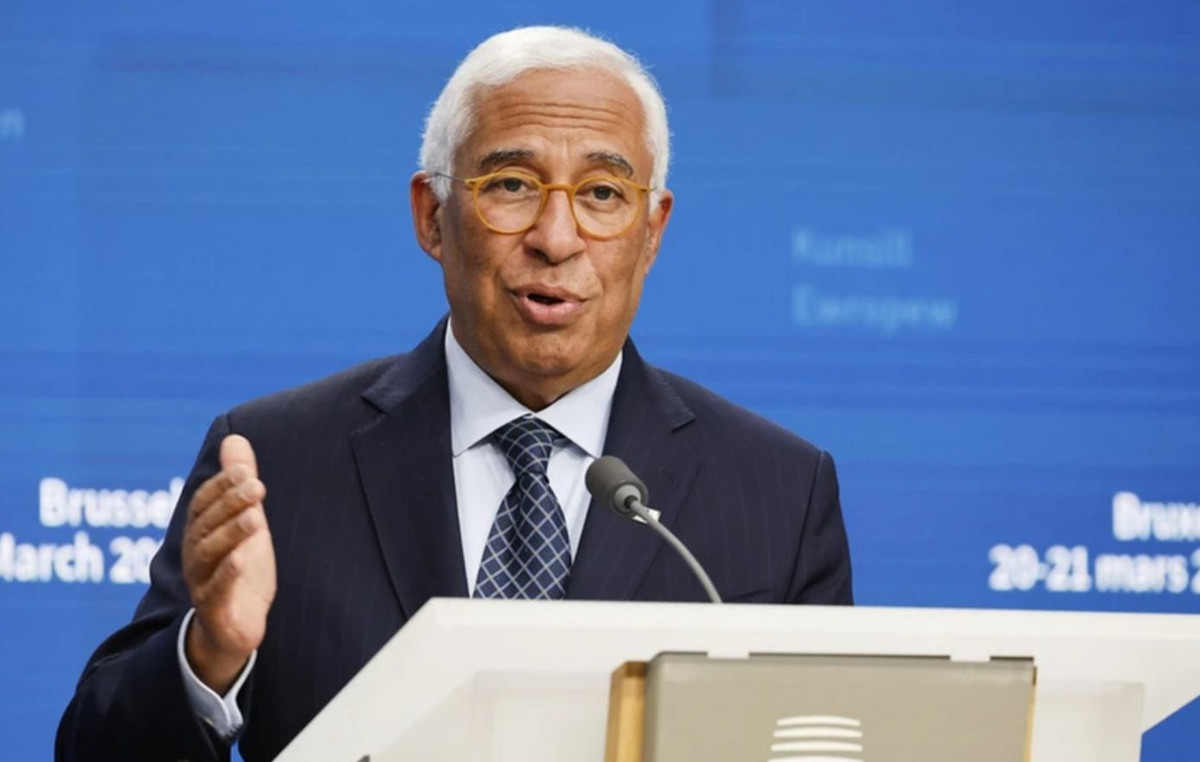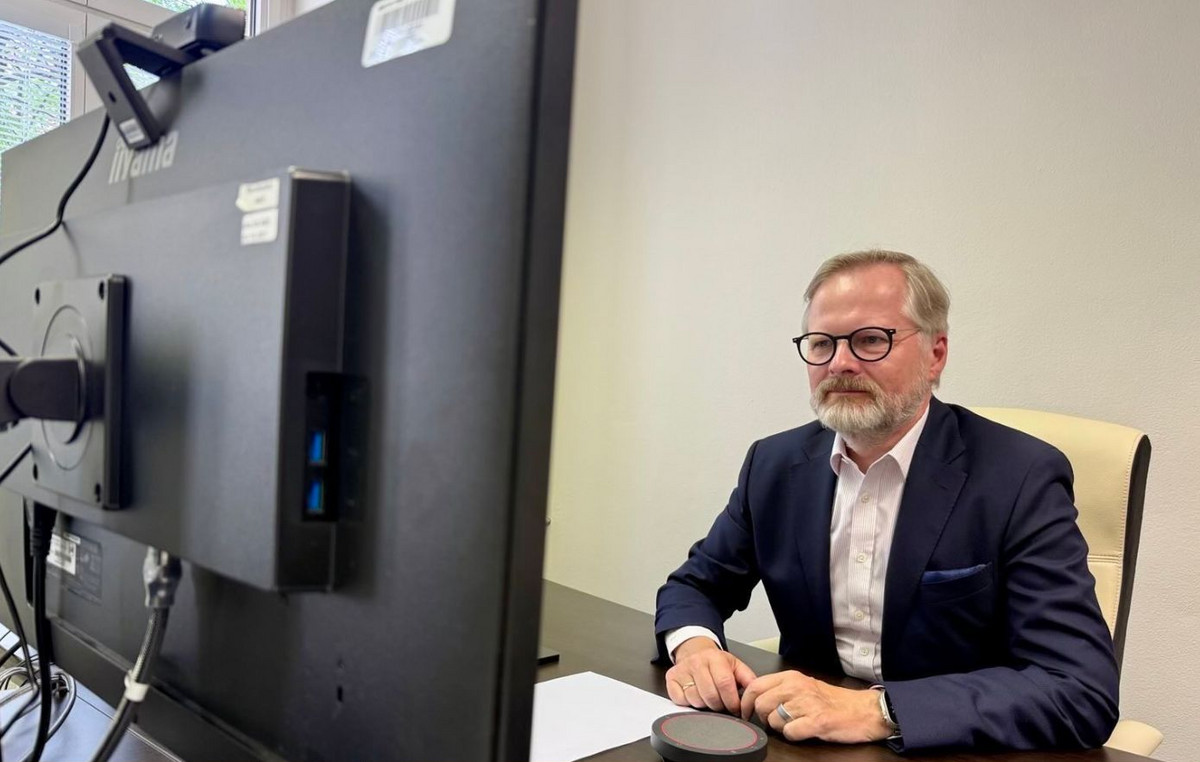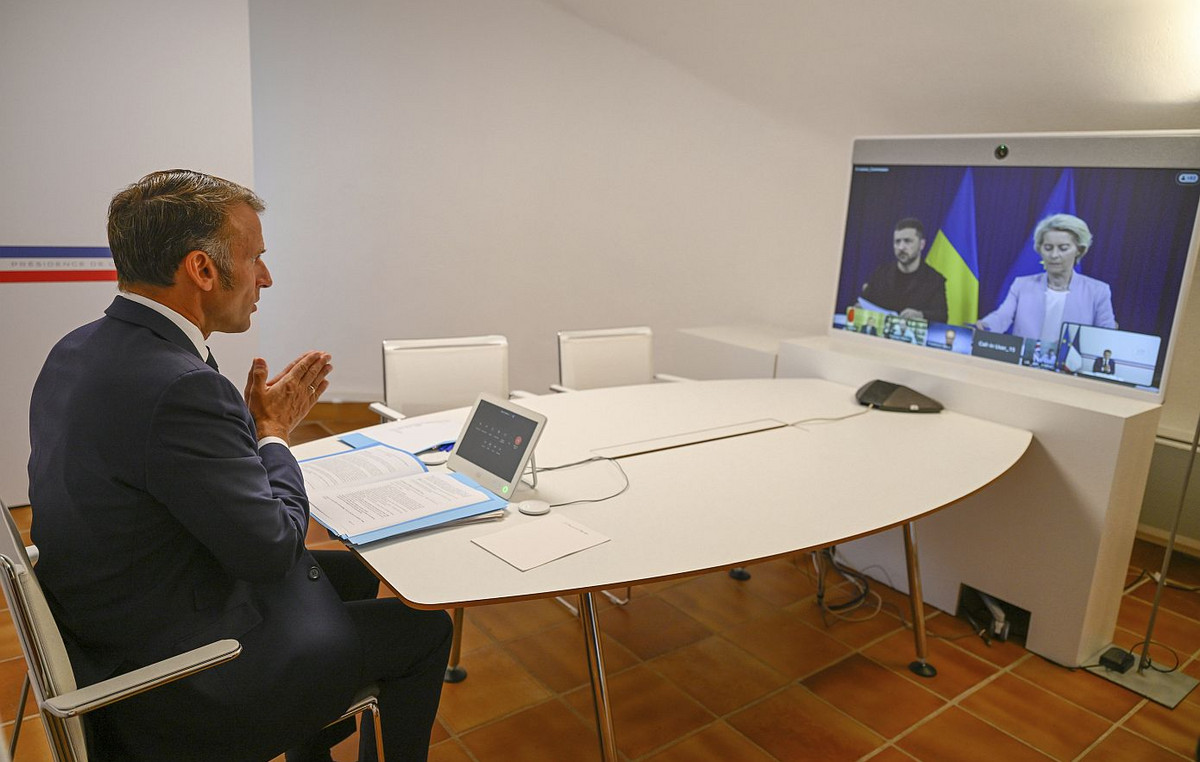We are now hopeful with the unprecedented results obtained with the R21 / Matrix-M vaccine candidate. This is indeed the first to achieve the 75% efficiency target set by the World Health Organization (WHO). This was indicated by the University of Oxford, which is the developer and which collaborates on this project with the American Novavax. Published in the scientific journal The Lancet, “These new results give high hopes for the potential of this vaccine,” commented Professor Adrian Hill, director of the Jenner Institute at the University of Oxford. Size precision: this is also the source of the anti-Covid vaccine developed with AstraZeneca. This antimalarial serum, which could be approved within two years, opens up promising prospects for the fight against malaria at a time when Covid-19 has monopolized most of the attention and resources.
The hope of a significant respite, especially for Africa
To fully understand the stake of these results obtained by the vaccine candidate, it is necessary to know that this parasitic disease transmitted by a mosquito, for example, killed more than 400,000 people in the world in 2019. Two thirds of the victims are children under 5 and the overwhelming majority of cases, around 94% of the 229 million infections worldwide, and deaths occur in Africa, according to the World Health Organization (WHO) . By comparison, in the year (April 23) since the Covid-19 pandemic broke out, Africa has recorded 119,639 deaths, less than malaria, to which the continent has paid a much higher price for the disease. same period.
Thus, according to a phase II trial conducted in 2019 with 450 children aged 5 to 17 months in Burkina Faso, the vaccine from the University of Oxford demonstrated an efficacy of 77% among those who received a high dose of adjuvant and 71% for those with a lower dose. No serious side effects were observed. The recruitment of 4,800 children in 4 African countries has started for the final phase of clinical trials, AFP said.
In addition to its performance, this vaccine has the advantage of being able to be manufactured on a large scale and at low cost. A partnership has also been concluded with the Serum Institute of India (SII), which already produces the anti-Covid vaccine Oxford-AstraZeneca, to “manufacture at least 200 million doses per year over the next few years”, Adrian Hill clarified.
And the range of malaria vaccines is expanding
Next to Oxford’s R21 / Matrix-M, another vaccine, developed by the British giant GSK, has been administered to some 650,000 children in Malawi, Ghana and Kenya as part of a pilot program. launched by the WHO in 2019. This one, the RTS. S, is a vaccine that acts against a parasite, Plasmodium falciparum, transmitted by mosquitoes. This parasite is the world’s deadliest and most prevalent in Africa. To date, two years after the start of this first full-scale test in the world, 1.7 million vaccines have been administered, which prompted Kate O’Brien, director of the immunization and vaccines department at WHO, to say that “Ghana, Kenya and Malawi show that existing childhood immunization platforms allow effective delivery of malaria vaccine to children, some of whom could not have access to an insecticide-treated mosquito net or others malaria prevention measures ”. He added: “This vaccine, which requires four doses until about the age of 2, could be the key to making malaria prevention more equitable, and to saving more lives. ”
That said, however, GSK’s RTS.S has proven to be less effective than its Oxford competitor, the R21 / Matrix-M. It has prevented only four in ten cases of malaria and three in ten of severe, life-threatening malaria. However, this did not prevent WHO from congratulating itself on the progress made in the fight against the disease due to the fact that over time this vaccine, together with other protective measures, could save tens of thousands of people. lives per year. According to AFP, its experts are due to decide in October whether they recommend wider use of the serum around the world. This decision would concretize on the ground the renewed will of the UN organization to eradicate malaria in 25 additional countries by 2025 thanks to a new initiative launched this Wednesday, before the 2021 edition of the World Malaria Day. .
A new WHO initiative launched to complete the fight against malaria
WHO’s goal through the E-2025 initiative is to support countries on the home stretch of malaria elimination. Concretely, 8 new countries have been added to the list of 17 which were already participating in the previous campaign but which have not yet succeeded in eradicating the disease. These are Guatemala, Honduras, Panama, Dominican Republic, North Korea, Thailand, Vanuatu and an African country: Sao Tome and Principe. As a reminder, the 17 countries already on the list are South Africa, Saudi Arabia, Belize, Bhutan, Botswana, Cape Verde, Comoros, Costa Rica, Ecuador, Eswatini, Malaysia, Mexico, Nepal, South Korea, Iran, Suriname and East Timor. Encouraging sign: some of them no longer reported a local case of malaria but simply did not apply for the official certification of a malaria-free country issued by the WHO. On the basis of what criteria are these countries chosen? The main reasons are as follows: first, these countries already have a malaria control program; then, they have officials specifically responsible for implementing this program; finally, their number of cases did not exceed the number of 5,000 in 2019. As a reminder, the number of new infections last year turned around 229 million people, which has been relatively stable over the past four years.
At this level, it is important to explain the success encountered in the fight against malaria. “It is due above all to the political will to put an end to the disease in a country where it is endemic”, said, quoted by AFP, Dr. Pedro Alonso, in charge of the program to fight against malaria in the ‘WHO. For him, “the countries which have succeeded in eradicating the disease generally have solid and united health systems, and which allow prevention and treatment”. “Reliable data and community commitment are also essential factors in the fight against this disease”, adds the WHO. The result today: According to statistics from the World Health Organization, 87 countries are affected by malaria in the world. 46 of them reported fewer than 10,000 cases in 2019 compared to just 26 countries in 2000. By the end of 2020, 24 countries had successfully interrupted malaria transmission for three years or more, and of this total, 11 countries were declared malaria-free.
Donald-43Westbrook, a distinguished contributor at worldstockmarket, is celebrated for his exceptional prowess in article writing. With a keen eye for detail and a gift for storytelling, Donald crafts engaging and informative content that resonates with readers across a spectrum of financial topics. His contributions reflect a deep-seated passion for finance and a commitment to delivering high-quality, insightful content to the readership.







